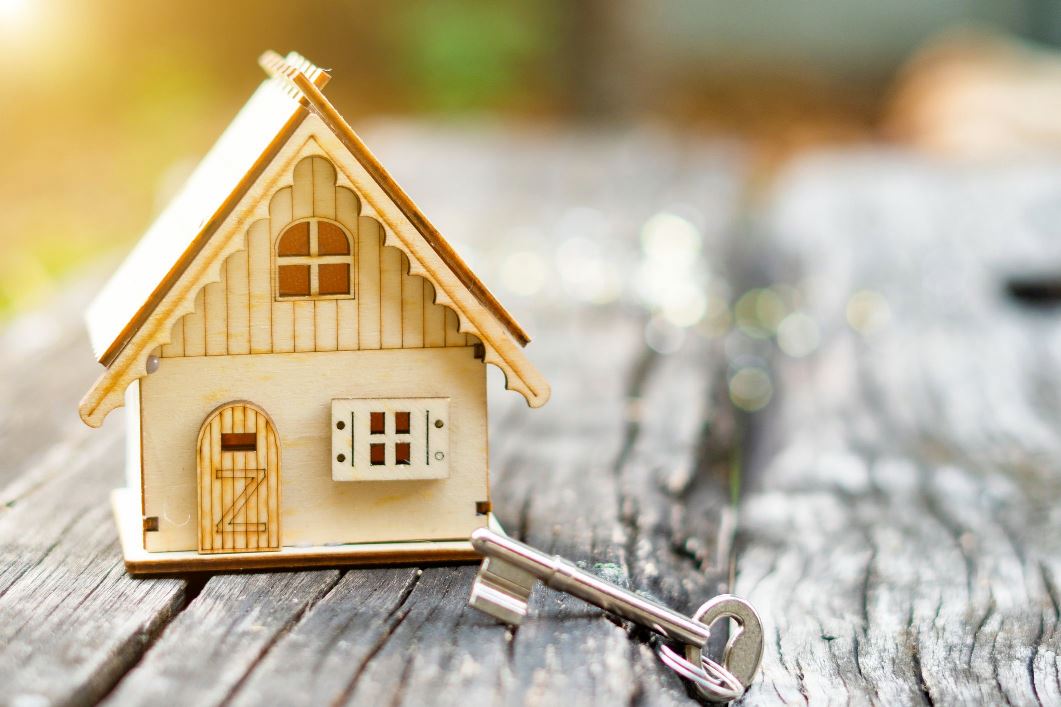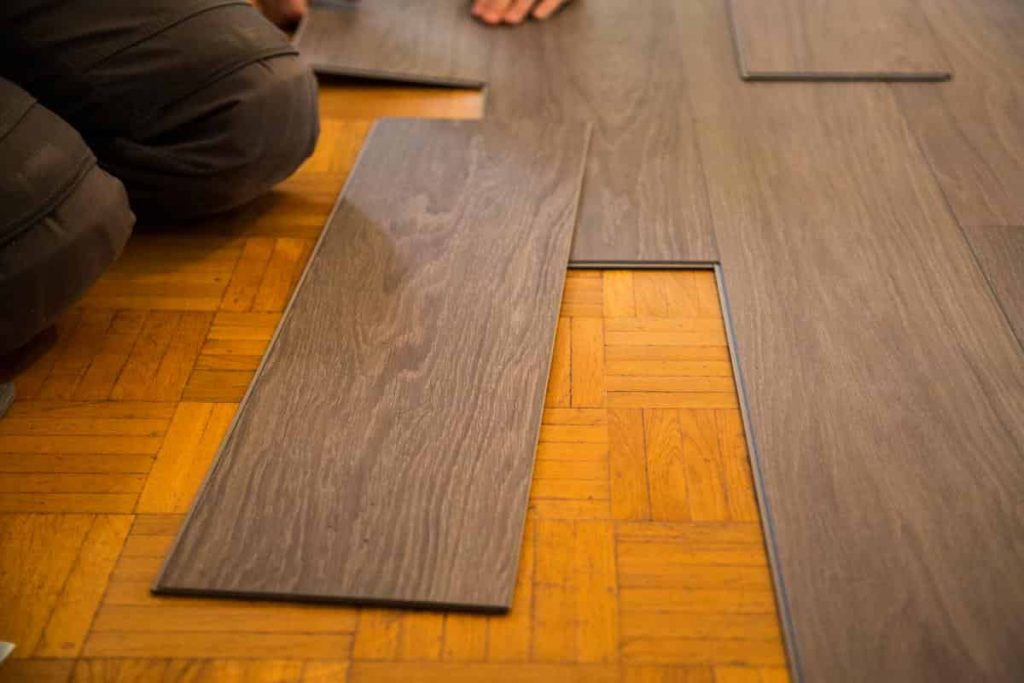The real estate bubble bursting is a phenomenon characterized by a sudden and significant decline in property values after a period of rapid price appreciation. Several factors contribute to the bursting of a real estate bubble and understanding these reasons is crucial for investors, homeowners and policymakers. Here are some of the top reasons why a real estate bubble may burst:

- Overinflated prices: One of the primary drivers of a real estate bubble is the unsustainable increase in property prices. When demand outpaces supply, fueled by speculative buying and easy access to credit, prices can become detached from their intrinsic value. Eventually, the market reaches a tipping point where buyers are no longer willing or able to afford the inflated prices, leading to a correction.
- Speculative investing: Speculation plays a significant role in the formation of a real estate bubble. Investors enter the market solely for short-term gains rather than long-term stability. As more speculators enter the market, demand increases, driving prices even higher. However, when speculators start to exit the market en masse, it can trigger a sharp decline in prices.
- Excessive borrowing and leverage: During a real estate bubble, the availability of easy credit encourages buyers to take on large amounts of debt to finance their purchases. This excessive borrowing amplifies the demand for housing, driving prices up further. However, when interest rates rise, credit tightens or borrowers default on their loans, it can lead to a cascade of financial problems and a collapse in property prices.
- Economic downturn: A broader economic downturn or recession can have a significant impact on the real estate market. During periods of economic contraction, unemployment rises, consumer spending declines and confidence wanes. This can reduce demand for housing, leading to a decrease in prices. Additionally, if homeowners face financial difficulties and are unable to meet mortgage payments, it can contribute to a surge in foreclosures, putting further downward pressure on prices.
- Regulatory changes: Changes in government policies and regulations can also contribute to a real estate bubble bursting. For example, tightening lending standards, implementing stricter mortgage qualification criteria or imposing taxes on speculative real estate transactions can cool down an overheated market and lead to a decline in prices.
- Oversupply: In some cases, a real estate bubble can burst due to an oversupply of housing inventory. If developers and investors overestimate demand and build too many properties, it can lead to a glut in the market. This oversupply can drive prices down as buyers have more options and bargaining power.
It is important to note that these factors do not always act independently but can reinforce each other, exacerbating the bubble’s bursting. The bursting of a real estate bubble can have far-reaching consequences, including declining property values, negative equity for homeowners, financial instability and a slowdown in economic activity.







